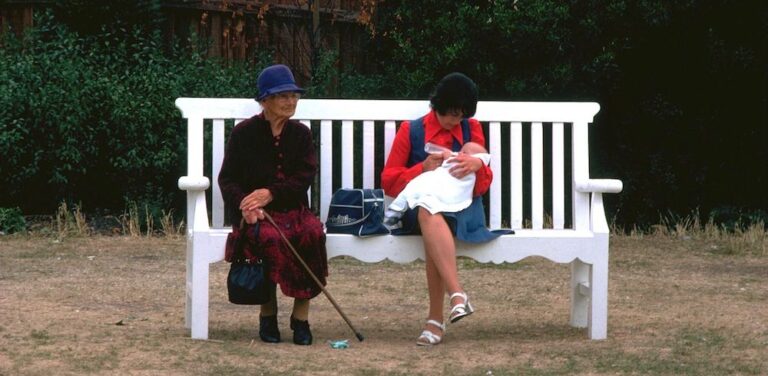
Online scheme for gamblers
Problem gamblers can now ban themselves from entering clubs via a new internet program.
ClubsNSW launched an online, self-exclusion scheme on Wednesday, February 8 to allow individuals to bar themselves from any club by approaching a counsellor or club facilitator who uses the internet to register individuals for exclusion.
Previously, individuals had to go to clubs in person and register themselves for exclusion.
The scheme will take effect across all 1,400 NSW clubs and reach inner Sydney by mid-2012.
ClubsNSW is training 250 staff for the scheme across the state, starting from the Far North Coast and moving south.
The scheme was developed over 18 months including a six-month trial period. According to organisation’s CEO, Anthony Ball, the trials were successful and gave ClubsNSW the confidence to fully implement the scheme across the state.
“For some people, the time, effort and emotional investment needed to make multiple visits to a club is overwhelming or just too difficult to go through with,” he said. “This scheme eliminates those barriers and also provides an option for problem gamblers to avoid gaming venues altogether.”
There is strong support for the scheme in inner Sydney clubs.
A NSW Leagues Club gaming spokesperson said he would work together with ClubsNSW to ensure his staff received the appropriate training.
A spokesperson from Camperdown Bowling and Recreation Club also said he supported the scheme. “I’m all for it, there are some people out there struggling who need support,” he said.
He said he was sceptical about the effectiveness of the scheme and was concerned about the time costs of training for his limited staff.
CEO of Wesley Mission gambling counsellors, Reverend-Doctor Keith Garner, said the scheme would allow for self-exclusion to be immediate. However, Dr Garner said self-exclusion must be combined with face-to face counselling to be effective.
“Having direct contact with a counsellor when applying for self-exclusion is essential for the intervention to be successful,” he said. “It is vital that a problem gambler gets support and counsel immediately. Counselling and self-exclusion must go hand-in-hand.”
Academic data suggests the scheme is highly effective. A 2003 Macquarie University study on the impact of self-exclusion found that 88 per cent of participants surveyed were satisfied with the scheme. Furthermore, 76 per cent of participants were financially better off after participating in self-exclusion.
By Fabian Di Lizia









